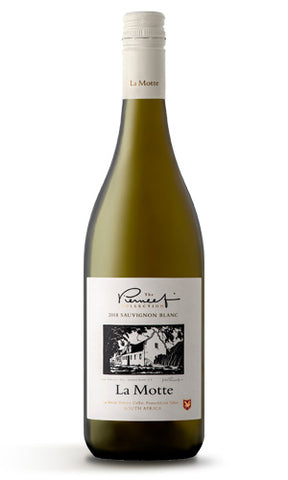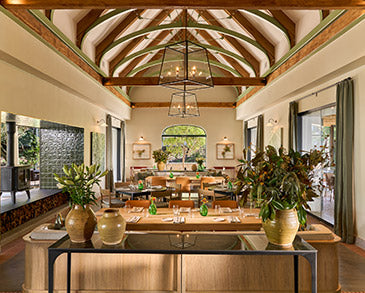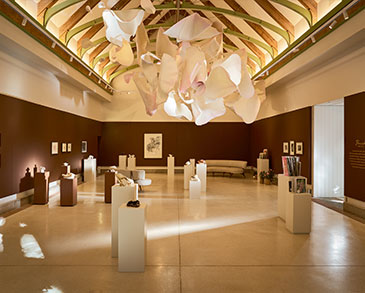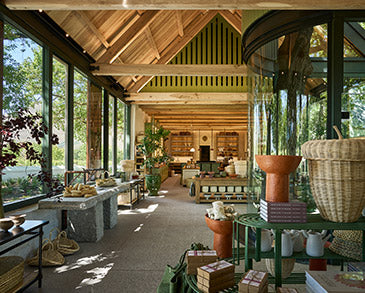
The wine is a blend of 88% Sauvignon Blanc and 12% Semillon. The Sauvignon Blanc originates from vineyards at Elim and Napier, and the Semillon from Elim. These vineyards fall under the Origin Cape South Coast classification and are amongst the most southerly situated vineyards in Africa.
The dry conditions during the previous two seasons continued and, as a result, the harvest was 15% smaller than in 2017. The previous winter was cold enough to allow adequate dormancy, but occurred late, which delayed budding and the start of harvest-time by two weeks compared to 2017. Dry conditions promoted healthy grapes, while cool conditions preserved good flavours. Frost damage occurred in places. The harvest was also affected by hail damage in the Elim area in November.
Each vineyard grows in its own macro climate and different clones are represented. All the vineyards are trellised and managed to maintain a perfect balance between leaf coverage and yield. Most of the soils have a shale origin and the potential is medium. Due to cool conditions, low fertility is maintained, with a yield of approximately 6 tons/ha. Soils in the Elgin area are deeper, with a higher fertility potential and a yield of approximately 8 tons/ha.
The grapes were harvested at between 20 and 22 degrees Balling. The wine was left on the lees for approximately 16 hours. Fermentation was at approximately 14 degrees Celsius. The wine was removed from the heavy lees and left on the fine lees for 5 months, followed by blending. The wine was bottled in August 2018 and 4 500 cartons (6 x 750 ml) will be released.
Vineyards in the cool, emerging wine-producing areas close to the southern tip of Africa are combined to produce a Wine of Origin Cape South Coast. The wine is thiol-driven, with especially citrus flavours. There are also green pepper and Cape gooseberry flavours in the background. The palate is very elegant, with a mineral finish. Best time to enjoy this wine will be during 2019.
Alcohol 12,76% vol
Residual sugar 2,1 g/l
Total acid 7,2 g/l
pH 3,3












